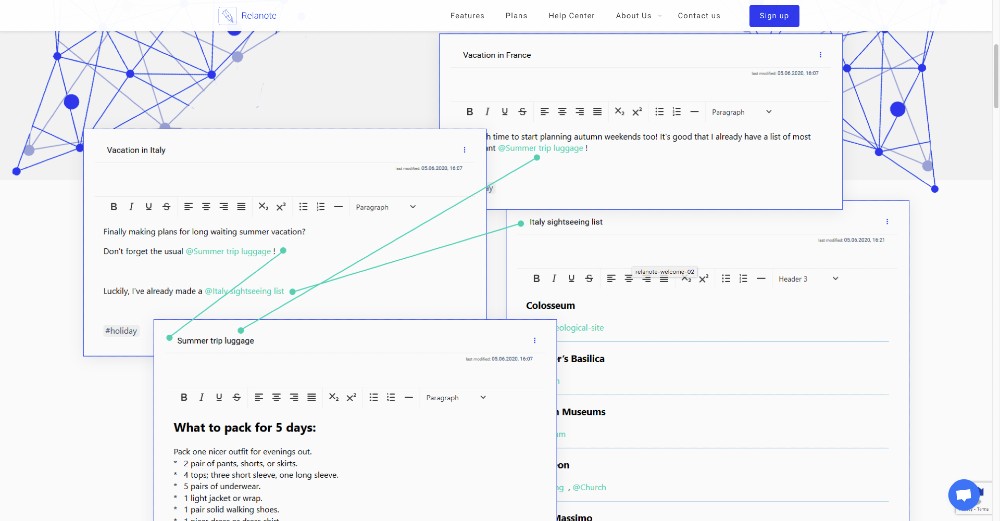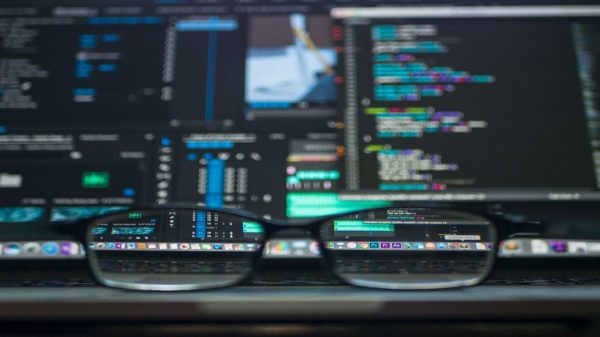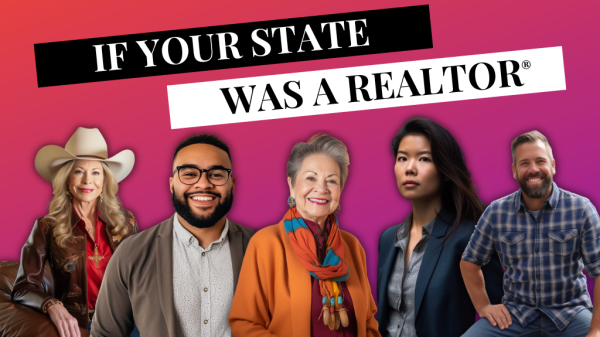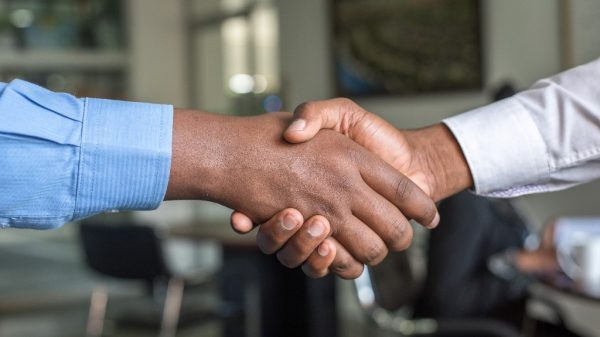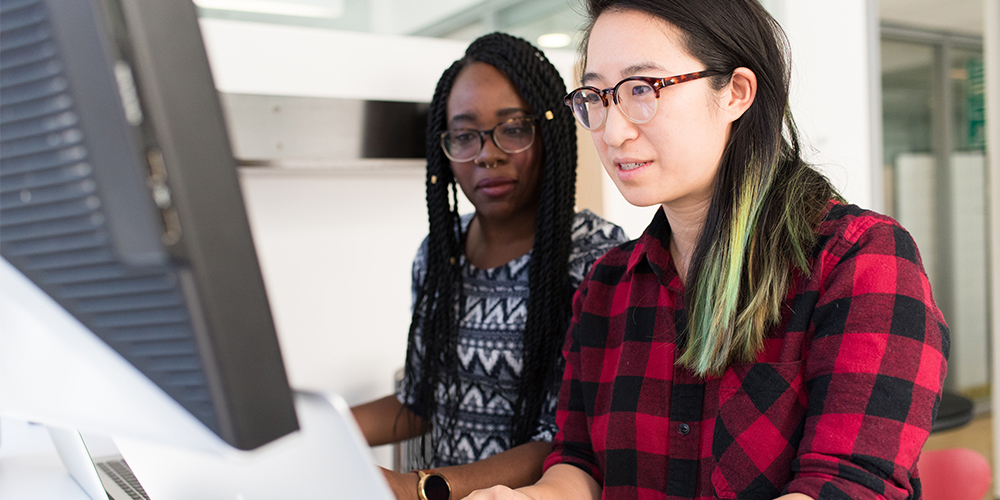Maximillian “Max” Diez is the CEO of Twenty Five Ventures, a consultancy that helps PropTech and FinTech startups scale their businesses. He leverages his 20-plus years in the real estate industry as an executive, thought leader, and a broker to advise and invest in seed and series stage companies innovating the real estate technology space. May was AAPI Heritage Month, and in honor of this, Max has these thoughts to offer for investors and business owners:
“I’m not Filipino, I am American.” I vividly remember declaring this to my parents when I was about eight years old. My parents emigrated to America from the Philippines in the early 1970s, and while they were very proud of their culture, the messages around me—from TV, my classmates, and the community I lived in—were clear: To be American is to assimilate.
So I attempted to do just that.
In some ways, I succeeded. My friends and family, especially those from the Philippines, called me “whitewashed,” someone who was sacrificing their culture and history to fit in.
Meanwhile, the students at my all-boy, overwhelmingly White high school in the Bay Area called me “chink” and “gook.” At the time, I laughed it off. Those terms didn’t apply to me. Those were slurs for Chinese and Vietnamese people.
What I didn’t realize is that the ignorance about non-Euro-centric cultures was so pervasive it didn’t matter they mistook my ethnicity for another. They didn’t see me as anything other than Asian; they saw me as not White.
In 1993, when I was 16, I was hired by the San Francisco Giants, a Major League Baseball team, as a batboy. My job included assisting the visiting teams, retrieving bats after a fair play, and even picking up food for players after the game. At the time, I was the only Asian American in the clubhouse and, as far as I knew, the only Asian batboy in the league. The players would remind me of that often.
When people would see me in uniform in the San Francisco Bay Area, even with its high Asian American population, they seemed surprised. They’d constantly ask me how I got the role, how I was able to beat out other kids who coveted it, etc. I was eager to have the job (despite not being a baseball superfan), and I needed the money. So I shrugged off the racial overtures—again.
That was nearly 30 years ago. And although our society is awakening to the prejudices and bigotry minorities face every day, ignorance and hate continue to proliferate. The Black Lives Matter organization works to bring awareness about injustices and violence that Black Americans face. The Stop Asian Hate movement sprang up as a result of Asians being blamed for COVID-19, being targeted for violence, and Asian American women being fetishized and gunned down.
Things are happening in the world that I struggle at times to figure out, and I am exploring my biases—as an Asian American in a predominantly European-centric society, as an angel investor in a society with massive income disparity, and as a man in a male-dominated world.
How do my experiences and biases impact me and my business? How do they affect the companies I choose to invest in? What I’ve learned as I’ve taken a deep dive into those biases is that as much as I have tried to rid myself of them, my culture, my upbringing, our society, and media and pop culture ensure that they persist.
But maybe that’s not entirely a bad thing.
Is bias always bad?
It’s a provocative question. Are racism and bigotry bad? Unequivocally, yes. But there can be benefits to bias. Defined as “prejudices in favor of or against one thing, person, or group compared with another,” biases can be beneficial.
For example, I’m certain that I landed a position at a major investment firm despite finishing only one year of college, simply because they assumed I was great at math and a hard worker (Asian stereotype). I’m not great at math, but I was great at that job. Nonetheless, I’m not advocating that type of unexamined bias. I’m referring to the biases, the shortcuts, I use when I’m looking at a business to invest in.
Of the 110 investment opportunities that I explored over the last 16 months, 87% of the companies were run by men, and only 25% (one in four) were headed by a minority—by that, I mean racial, ethnic, gender, or LGBT minorities.
I have worked hard and overcome adversity in my life. It hasn’t always been easy, but I have managed to carve out a successful career for myself. I’m now, as an angel investor, in a position to lift others up, and I’m not afraid to say that I leverage my biases to help me decide which companies I want to invest in.
When I meet with a founder or a founding team, I look for adversity by way of diversity. I want to know what adversity the founder or team has faced. What challenges have they overcome?
Ultimately, when you invest in a company, you’re investing in people, and I don’t believe that investing in someone who’s faced little to no hardship is wise. Startup life is notoriously challenging, exhausting, and emotionally taxing. If you’ve never faced significant adversity, you won’t last long as a business owner. Entrepreneurship requires talent, yes, but also perseverance and dogged determination, and those qualities are forged by the type of adversity that women, LGBT people, and people of color face all the time.
That’s why I gravitate toward minority-founded companies when I invest.
I have nothing against White men. They comprise a large portion of our population and have accomplished amazing things. Hardly anyone could argue in good faith, though, that being White and a man in a society dominated and defined by White men is as difficult as being a minority can be.
My proclivity for diversity isn’t just personal preference. It makes good business sense. According to analyst firm McKinsey & Company, diversity drives success: “Companies with the most ethnically/culturally diverse boards worldwide are 43% more likely to experience higher profits.”
One of the wonderful things about being an angel investor is getting to decide where I will invest my company’s money. While I have backed many businesses owned by non-minorities, I’m biased toward those who have overcome great adversity—people who’ve suffered injustice and oppression and who weren’t afforded the same opportunities as others.
I choose to invest in the fighters who want to change the world, for they are made of grit, and grit gets things done.
This editorial was first published here June 01, 2021.
The American Genius' real estate section is honest, up to the minute real estate industry news crafted for industry practitioners - we cut through the pay-to-play news fluff to bring you what's happening behind closed doors, what's meaningful to your practice, and what to expect in the future. Consider us your competitive advantage.






